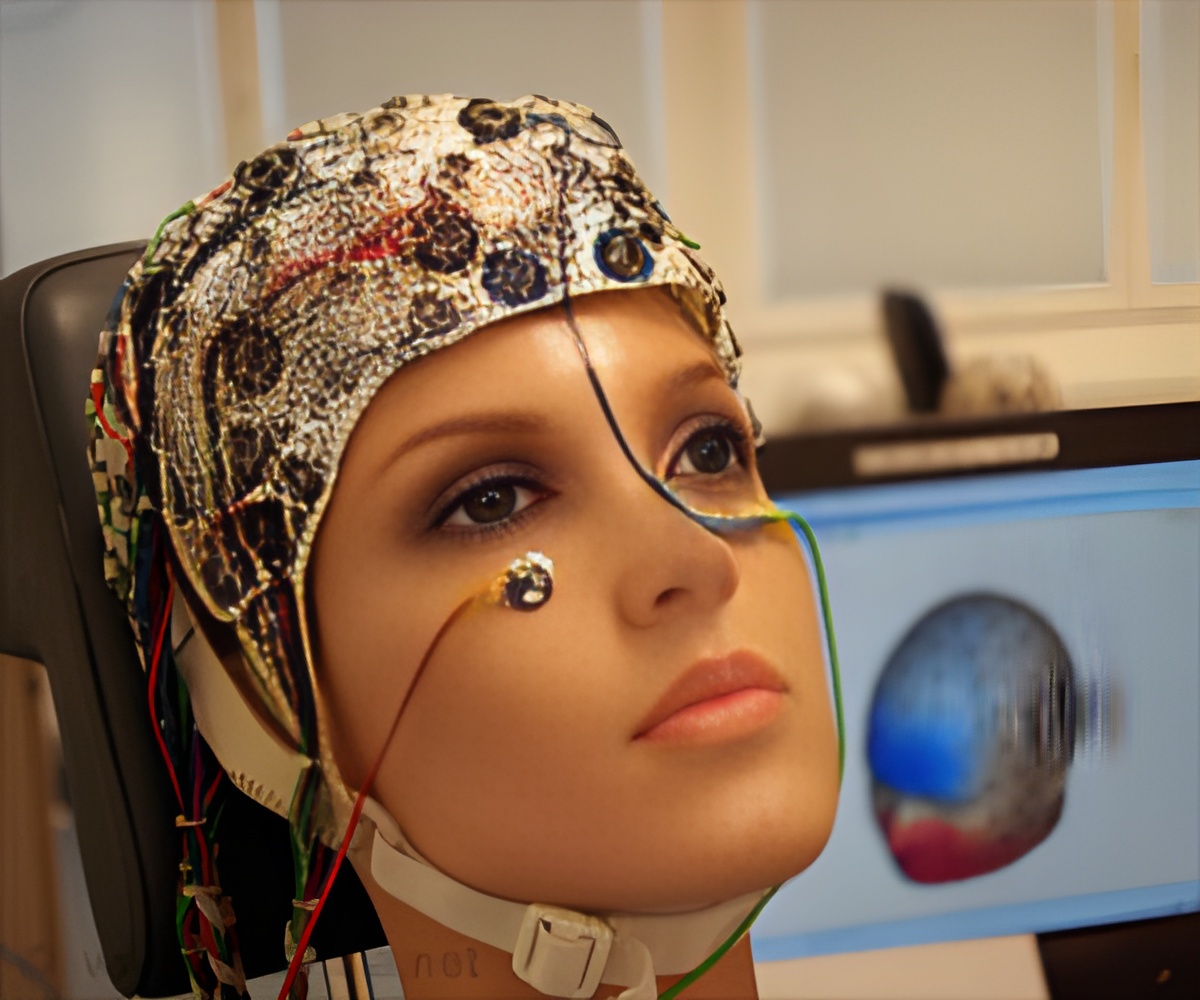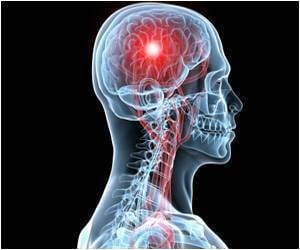
‘Theta waves, measured as part of an EEG, can predict five different types of post-injury epilepsy and a specific pattern of theta activity decline over time can indicate epilepsy development.’
Tweet it Now
"Post-injury epilepsy (PIE) is a devastating, unpreventable consequence of traumatic brain injury (TBI) and stroke, which develops in 10 to 40 percent of survivors months, or even years later," says BGU Professor Alon Friedman, a researcher in the Brain Imaging Research Center and the Zlotowski Center for Neuroscience.The Epilepsy Foundation estimates more than two million people in the United States have, or have had, some form of epilepsy; many do not respond to medication. In addition to suffering from unpredictable, often difficult to control seizures, patients with PIE are also prone to neuropsychiatric conditions such as cognitive decline and depression.
"While news of promising drugs likely to prevent the onset of epilepsy has emanated from scientific research, we need to first detect reliable biomarkers in the brain that predict which patients will develop the disease," says Prof. Friedman.
Through their research, the BGU team discovered that theta waves, measured as part of an EEG, can predict five different types of post-injury epilepsy in mice and rats. Theta waves generate the rhythmic, neural oscillatory pattern in EEG signals, recorded either from inside the brain or from electrodes glued to the scalp.
By tracking continuous recordings, from the time of injury through the onset of spontaneous seizures, BGU researchers discovered a specific pattern of theta activity decline over time as signs of epilepsy development. This pattern also seems to be associated with disturbances in sleep-wake cycles.
Advertisement
Source-Eurekalert














